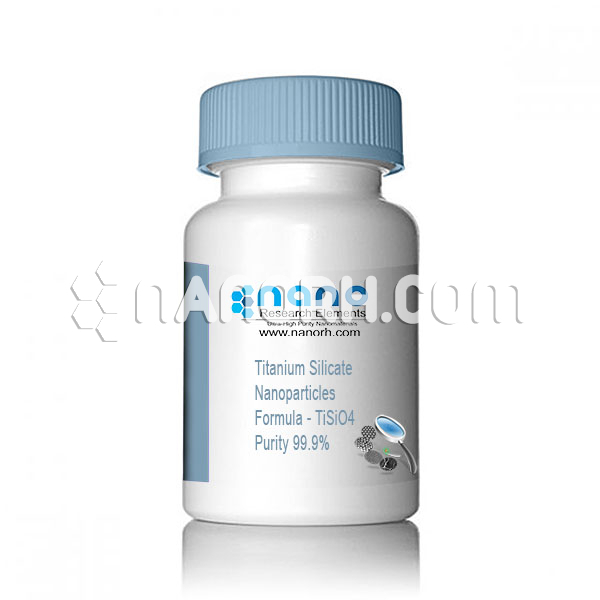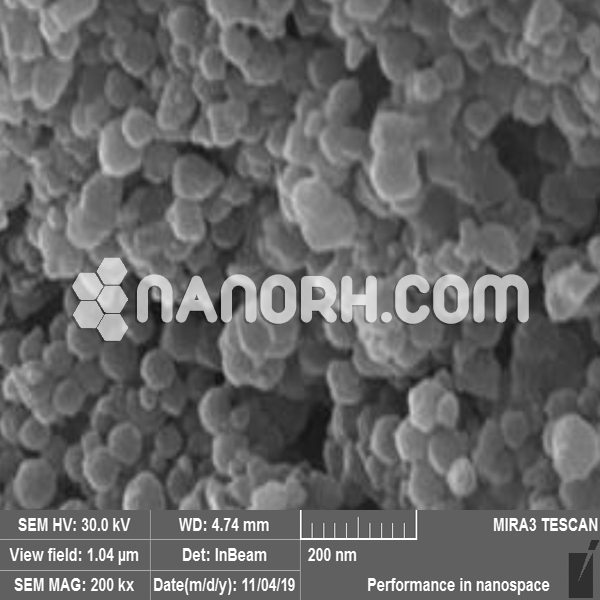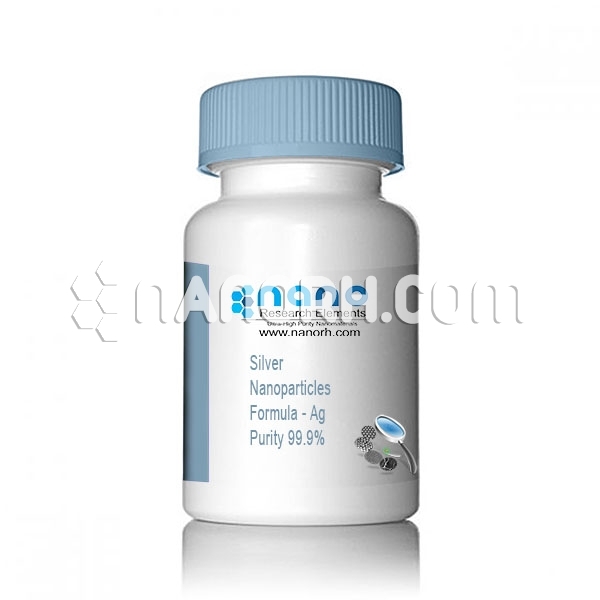| Titanium Silicate Nanopowder | |
| Product No | NRE-5239 |
| CAS No. | 264124-88-1 |
| Formula | TiSiO4 |
| APS | <100nm (Can be Customized) |
| Purity | 99.9% |
| Color | White |
| Molecular Weight | 139.9501 g/mol |
| Density | NA |
| Melting Point | NA |
| Boiling Point | NA |
Titanium Silicate Nanopowder
Applications
Catalysis
Industrial Catalysis: Titanium silicate nanopowder is used as a catalyst or catalyst support in a variety of reactions, such as hydrogenation, dehydrogenation, oxidation, and reduction. Its high surface area, thermal stability, and resistance to harsh environments make it an excellent choice for industrial catalytic processes, particularly in petrochemical and chemical manufacturing.
Photocatalysis: Titanium silicate nanoparticles are used in photocatalytic applications such as water splitting for hydrogen production, carbon dioxide reduction, and the degradation of organic pollutants. Under UV light, titanium silicate can effectively promote photocatalytic reactions, making it valuable in solar energy and environmental cleanup technologies.
Energy Storage and Conversion
Batteries: Due to their high surface area and conductivity, titanium silicate nanopowders are being studied for use in lithium-ion batteries, sodium-ion batteries, and supercapacitors. They can enhance the energy storage capacity, cycle stability, and charge/discharge efficiency of energy storage devices.
Solar Cells: Titanium silicate nanoparticles are being explored in solar cells, particularly in photoelectrochemical devices. Their photocatalytic properties can aid in solar energy conversion, potentially improving the efficiency of solar power generation.
Environmental Remediation
Water Treatment: Titanium silicate nanopowders are used in water purification to remove heavy metals, organic contaminants, and dyes. Their high adsorption capacity makes them effective for environmental remediation, especially in wastewater treatment and pollutant removal.
Air Purification: In air quality management, titanium silicate nanoparticles can be employed in air filtration systems to remove pollutants such as volatile organic compounds (VOCs) and carbon dioxide. Their adsorption and catalytic properties make them efficient in mitigating air pollution.
Biomedical Applications
Drug Delivery: Titanium silicate nanoparticles are biocompatible and have been researched for use in drug delivery systems. Their high surface area allows for efficient loading and controlled release of pharmaceutical agents, making them useful for targeted therapy in cancer treatment and other medical applications.
Implants: Titanium silicate nanopowders are used in biomedical implants such as prosthetics and orthopedic devices. Their biocompatibility, chemical stability, and mechanical strength make them suitable for long-term use in medical applications.
Biosensors: Due to their surface reactivity, titanium silicate nanoparticles are used in biosensors for detecting biomolecules, pathogens, and diseases. They are often integrated into diagnostic devices for real-time monitoring of biological conditions.




